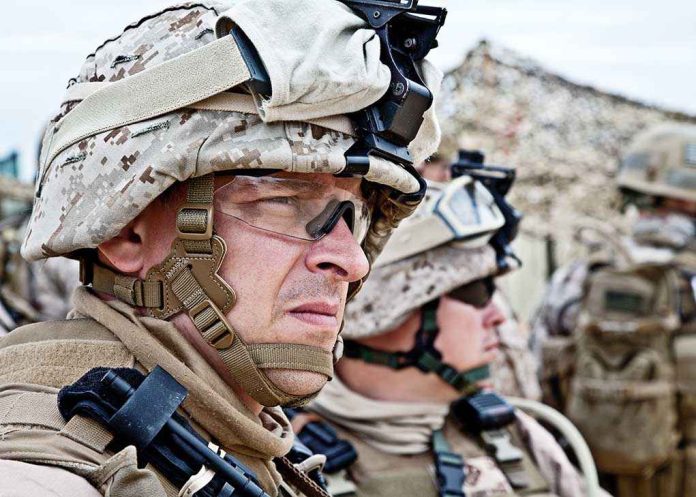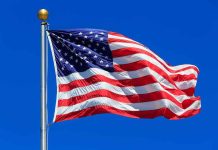
US Marines are conducting high-stakes exercises just miles from Venezuela, ramping up pressure on a hostile regime and sending a clear message that American strength is back in the Caribbean.
Story Highlights
- US Marines and Trinidadian forces launch joint training mere miles from Venezuelan shores amid surging tensions.
- Exercises focus on countering transnational threats, strengthening disaster response, and projecting US power in the region.
- Venezuela responds with massive troop mobilization and anti-American rhetoric, escalating the standoff.
- Strategic drills underscore the Trump administration’s commitment to defending borders and deterring adversaries.
US Military Presence Returns to the Caribbean
In November 2025, the 22nd Marine Expeditionary Unit began a week of intensive nighttime exercises in Trinidad and Tobago, a nation located just a few miles from Venezuela’s coast.
These drills, held in partnership with Trinidad and Tobago’s security forces, mark a decisive return of robust US military engagement in the region after years of uncertainty. Officially, the mission aims to boost regional stability and counter transnational threats such as drug trafficking, but its timing and proximity to Venezuela make it a powerful symbol of America’s renewed resolve under President Trump.
Trinidad and Tobago’s participation reflects the strategic value of these islands for humanitarian, disaster response, and security operations. The exercises include urban and rural combat training, helicopter operations, and close coordination between US and local forces.
For American patriots, this action demonstrates a clear shift away from the previous administration’s hesitance—a return to projecting strength and supporting allies, while reminding adversaries that the US will not tolerate threats or unchecked criminal activity near its borders.
Venezuela Mobilizes, Rhetoric Heats Up
Venezuela’s socialist regime, led by Nicolás Maduro, has responded with alarm—mobilizing nearly 200,000 troops for its own military maneuvers and issuing public condemnations of the US drills.
Maduro’s government frames these exercises as a direct provocation, using inflammatory rhetoric to rally domestic support and distract from the country’s ongoing crises. This parallel mobilization raises the stakes and the risk of miscalculation, though most experts view a direct conflict as unlikely.
Instead, these events highlight the precarious balance of power and the importance of American deterrence in the face of destabilizing actors.
The US Embassy in Trinidad and Tobago has emphasized that these exercises are routine and defensive, designed to promote regional stability and disaster preparedness. Trinidad’s officials have also publicly stated that the drills are not a prelude to military action against Venezuela, seeking to balance security cooperation with the US and diplomatic relations in the region.
However, with increased military activity and saber-rattling from both sides, the situation remains tense and closely watched.
Strategic and Constitutional Stakes for America
For conservatives, these developments underscore the dangers of unchecked globalism, weak borders, and adversarial regimes on America’s doorstep. The Trump administration’s approach—expanding military presence, enforcing immigration laws, and projecting strength—stands in stark contrast to the previous era of appeasement and open borders.
These exercises reinforce the importance of defending American interests, sovereignty, and the constitutional principle of a strong national defense.
As US forces train to counter threats and support regional partners, they send a clear message: American power has returned, and the days of surrendering ground to socialist adversaries or criminal cartels are over.
While the risk of escalation persists, the dominant US presence and clear communication with allies help contain the threat. Residents of Trinidad and Tobago may experience some disruption, but benefit from improved disaster response and enhanced security.
Meanwhile, criminal organizations operating in the Caribbean face unprecedented pressure. This moment in the southern Caribbean is a test of American resolve, constitutional values, and the ability to deter those who would challenge our nation’s security and way of life.
Sources:
Marines begin a week of exercises miles from the Venezuelan coast
2025 United States naval deployment in the Caribbean


